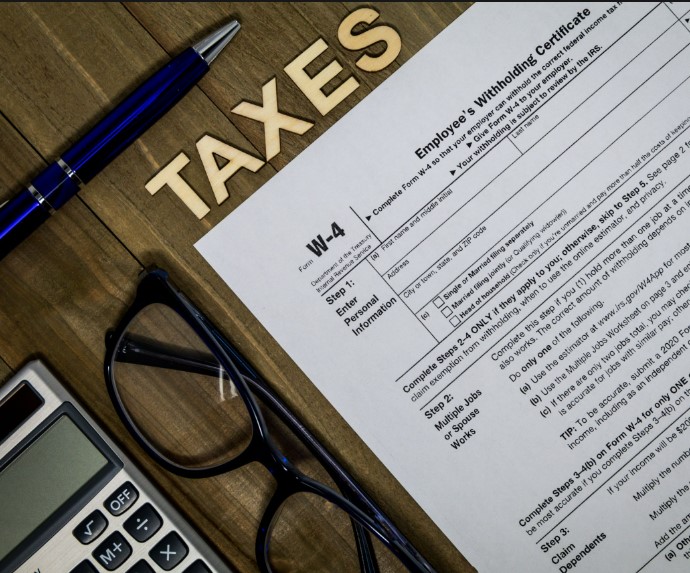What Does Withholding Mean In Reference To Your Paycheck?

What Does Withholding Mean In Reference To Your Paycheck?
Introduction
When you receive your paycheck, it’s not uncommon to see that a portion of your earnings has been withheld. But what does this term “withholding” mean exactly? In this article, we’ll explore what withholding is, how it works, and why it’s important.
What Is Withholding?
Withholding is the amount of money taken out of your paycheck by your employer to cover your federal and state income taxes, as well as Social Security and Medicare taxes. This money is then sent to the government periodically throughout the year on your behalf.
There are two types of withholding:
- Federal withholding
- State withholding
Federal withholding applies to everyone who earns income in the United States, while state withholding only applies to those who live and work in states that have an income tax (not all states do).
How Does Withholding Work?
When you start a new job, you’ll be asked to fill out a W-4 form, which tells your employer how much money to withhold from your paycheck. The form asks you to provide details such as your filing status, number of dependents, and any additional income you may have.
Based on the information you provide, your employer will use the IRS tax tables to calculate how much federal income tax to withhold from your paycheck. The amount withheld will depend on your income, filing status, and the number of allowances you claim on your W-4 form.
Similarly, your employer will also calculate how much state income tax to withhold (if applicable) based on the state’s tax rates and your W-4 information.
It’s worth noting that the goal of withholding is to ensure that you pay your taxes throughout the year, rather than owing a big lump sum at tax time. By having money withheld from each paycheck, you’re essentially paying your taxes gradually rather than all at once.
Why Is Withholding Important?
Withholding is important because it ensures that you’re paying your taxes throughout the year. If you don’t have enough money withheld from your paycheck, you could end up owing a large sum at tax time. On the other hand, if too much is withheld, you’ll receive a refund.
Additionally, if you don’t have enough money withheld from your paycheck, you could also face penalties and interest charges from the IRS.
FAQs
-
How do I know how much to withhold from my paycheck?
You’ll need to fill out a W-4 form with your employer, which will help determine how much to withhold based on your income, filing status, and number of allowances.
-
Can I change my withholding during the year?
Yes, you can fill out a new W-4 form with your employer at any time to change your withholding amount.
-
What happens if I don’t have enough money withheld from my paycheck?
You could end up owing a large sum at tax time and may face penalties and interest charges from the IRS.
-
What happens if too much is withheld from my paycheck?
You’ll receive a refund from the government.
Conclusion
Withholding is an important part of the tax process, as it ensures that you’re paying your taxes throughout the year. By understanding how withholding works and the importance of having the correct amount withheld from your paycheck, you can avoid owing a large sum at tax time and any associated penalties and interest charges.







